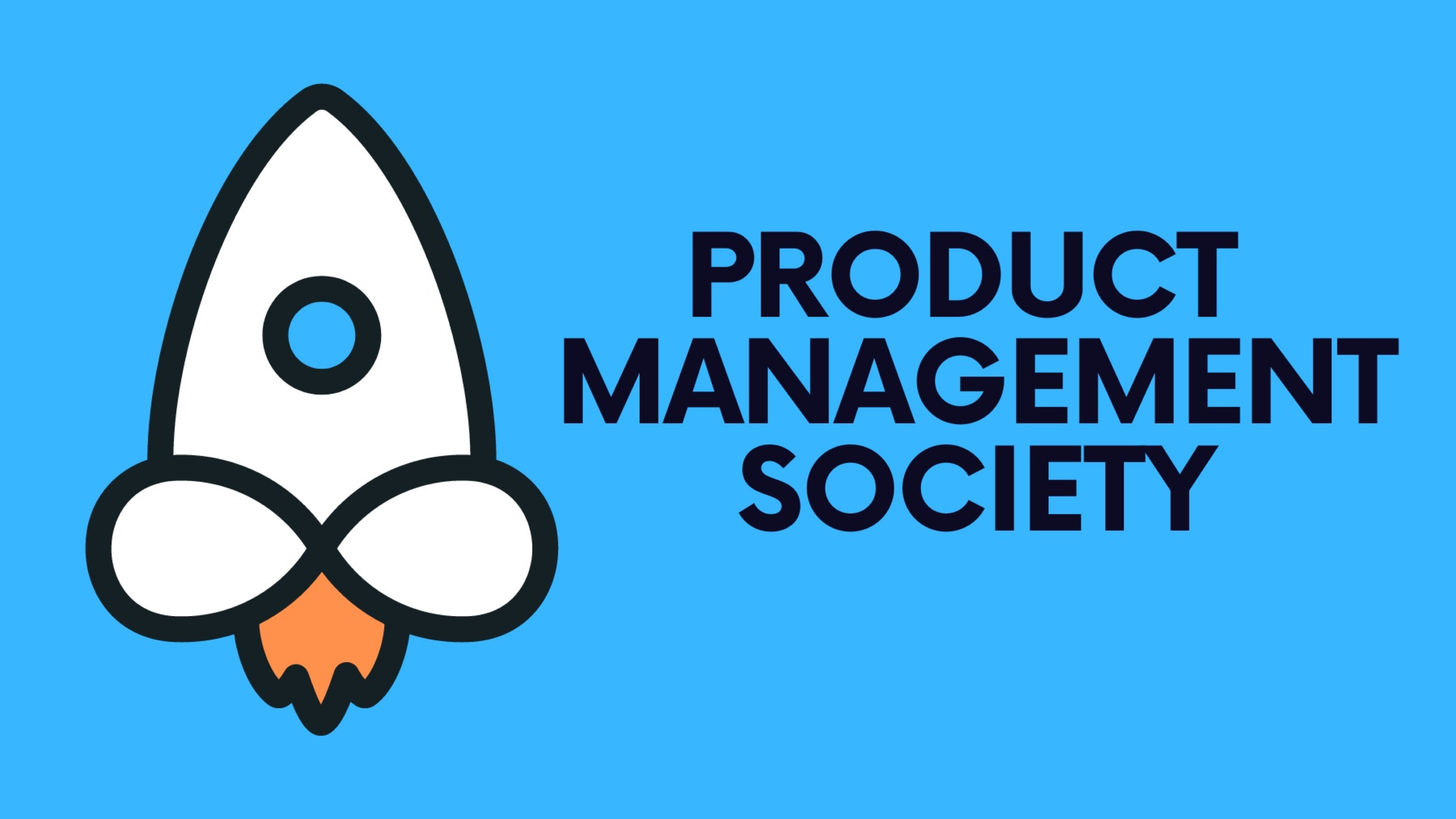Aspiring PMs come from various educational paths, each contributing valuable skills and perspectives. This article delves into the common educational backgrounds of product managers, offering insights into how different studies can shape a PM's career.
1. Business and Management Degrees
Why It Helps:
Thanks for reading Product Management Society! Subscribe for free to receive new weekly posts 🚀
- Strategic Thinking: Business degrees foster strategic thinking and problem-solving skills essential for crafting product strategies.
- Understanding Markets: Marketing, finance, and entrepreneurship courses provide insights into market analysis and business models.
- Leadership Skills: Management courses prepare aspiring PMs for leading cross-functional teams.
Typical Roles:
- Product managers with business degrees often excel in strategic planning, market analysis, and managing product roadmaps.
2. Engineering and Computer Science Degrees
Why It Helps:
- Technical Knowledge: A strong grasp of technical concepts helps in understanding how software or hardware products are built.
- Analytical Skills: Engineering programs emphasize analytical thinking, which aids in data analysis and problem-solving.
- Collaboration with Engineers: Technical backgrounds enable effective collaboration with development teams.
Typical Roles:
- PMs from engineering backgrounds tend to work on technically complex products, focusing on development processes, feature specifications, and technical feasibility.
3. Design and User Experience (UX) Degrees
Why It Helps:
- User-Centric Focus: Design programs emphasize user-centricity, helping PMs prioritize customer needs and experience.
- Creative Problem-Solving: Design thinking approaches nurture creative problem-solving skills.
- Interface Design: Knowledge of user interface (UI) design aids in creating intuitive and appealing products.
Typical Roles:
- PMs with design backgrounds often excel in creating user-friendly products, leading UX/UI design initiatives, and conducting user research.
4. Data Science and Statistics Degrees
Why It Helps:
- Data-Driven Decision Making: These degrees provide the skills needed to interpret data and make informed product decisions.
- Market Insights: Statistical analysis and user behavior analysis are crucial for market research.
- Optimization: Data science skills are valuable for optimizing product features and user flows based on analytics.
Typical Roles:
- PMs with data science backgrounds focus on analytics-driven product improvements, A/B testing, and deriving insights from user data.
5. Humanities and Social Sciences Degrees
Why It Helps:
- Empathy and Understanding: Humanities programs encourage understanding of human behavior, useful for user research and empathy.
- Communication Skills: Strong writing and communication skills help engage stakeholders and articulate product vision.
- Critical Thinking: Critical thinking skills enable analysis of complex problems and innovative solution-finding.
Typical Roles:
- PMs from humanities backgrounds often excel in storytelling, stakeholder communication, and building products with strong narratives.
Conclusion
A successful career in product management is not dictated by any single educational path. Whether your background is in business, engineering, design, data science, or the humanities, each path offers unique advantages. What matters most is your ability to learn, adapt, and apply your skills in a way that aligns with the diverse demands of the product management role. Focus on honing the skills that complement your educational background and fill in any gaps through courses, certifications, or on-the-job experiences.
Stay tuned for our next article, in which we will explore how to create a compelling product manager resume that highlights your educational background and relevant skills.
If you’re finding this newsletter valuable, consider sharing it with friends, or subscribing if you aren’t already. Also, consider coming to one of our Meetups and following us on LinkedIn ✨
Thanks for reading Product Management Society! Subscribe for free to receive new weekly posts 🚀







